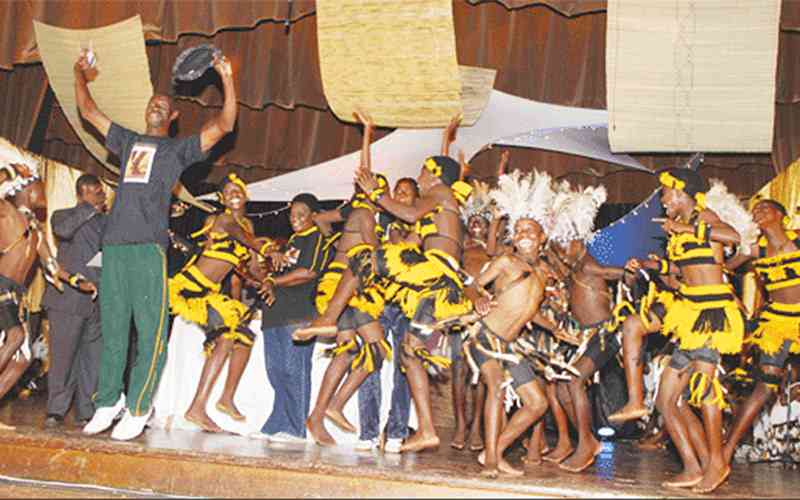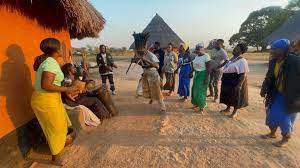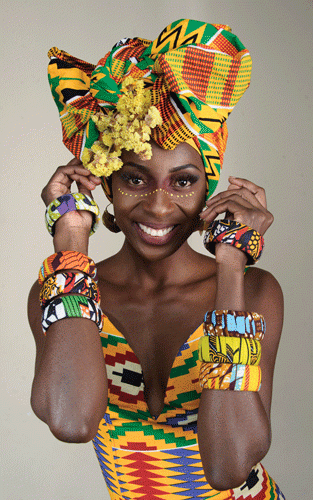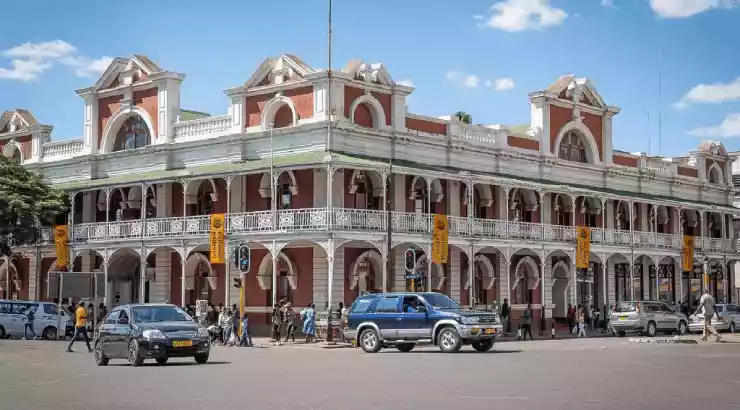
MANY primary schools are feeling the economic heat which has forced them out of the annual Jikinya Dance Festival meant to promote and preserve traditional dances, especially among young Zimbabweans.
The Jikinya Dance Festival was inaugurated in 2001 by the National Arts Council of Zimbabwe, in partnership with the National Association of Primary Heads (NAPH).
The festival, the biggest dance programme that involves over 5 000 primary schools across the country’s 10 provinces, starts at district, then provincial and national levels.
Due to the COVID-19 outbreak, the festival has been on hold for the past two years and makes a return this Friday with provincial finals following a recession in both new cases and deaths from the highly contagious disease.
Schools in five provinces (Bulawayo, Harare, Manicaland, Mashonaland East and Matabeleland South) will battle for honours at the first batch of the festival’s provincial finals, while the other schools will hold theirs on November 18 ahead of the national finals set for November 24 at Winery Hall in Gweru.
This year’s festival that began with preliminaries at the zone and district levels and produced the contenders for the provincial crowns is running under the theme Building Zimbabwe through Dance, our Heritage is our Identity.
NAPH president Cynthia Khumalo confirmed that some schools had faced difficulties and opted not to participate at the festival.
“Participating schools were well prepared for the event, although some reported challenges in procuring fuel for buses from the provinces. Schools were finding it difficult to buy fuel in United States dollars, while school fees were payable in Zimbabwean dollars,” she said.
- Chashe Band seeks fame via Chibuku
- In the groove: Did hicc concert mark end of sungura?
- Curtain finally comes down on Chibuku Road to Fame
- In the groove: How to avoid poor attendances at concerts
Keep Reading
“However, despite the non-participation by a few schools, there has been a renewed interest and excitement by many primary schools across the country. Provinces are working tirelessly to ensure that the annual festival is, indeed, well supported and subscribed.”
Khumalo also noted that schools would perform two dances as per the norm, although marks for the competition will be awarded only for the common dance which is amabhiza.
“Schools will perform amabhiza as the common dance and another own-choice dance. The common dance is the one for the competition. The common dance will allow all the schools to perform the same dance for adjudication,” she explained.
Khumalo called on parents and the corporate sector to support the Jikinya Dance Festival saying it played an important role in safeguarding Zimbabwe’s heritage.
“Parents should understand that there is nothing evil or bad about their children participating in the competition. We have had instances whereby some parents prohibit their talented children from participating saying these dances are for evil spirits, yet these are the dances of our forefathers and ancestors and we should preserve them,” she said.
The festival has contributed to the rebirth of a national culture, identity and pride among Zimbabwean youths.
Over the years, Jikinya Dance Festival has nurtured talent in traditional music and dance by showcasing a variety of Zimbabwean dances by primary school pupils.
- Follow Winstone on Twitter @widzoanto









